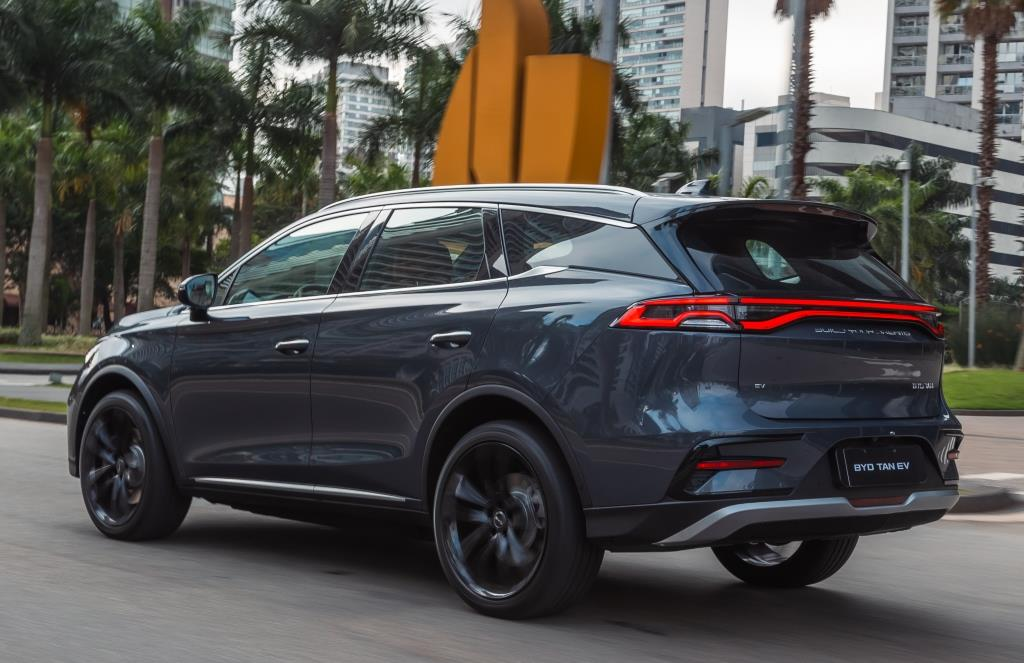In recent years, the automotive landscape has dramatically shifted, with electric vehicles (EVs) steadily gaining ground over their gasoline counterparts. As we approach 2025, a pivotal year for the EV market, consumers are increasingly curious about the cost of ownership between electric cars and traditional gasoline vehicles. According to BloombergNEF, the global EV market share is expected to reach 28% by 2025, up from just 3% in 2020. This surge in popularity prompts a crucial question: Are electric cars finally a more economical choice than gasoline vehicles? This article will delve into the comprehensive cost of ownership for both options, offering readers valuable insights into which vehicle type may be the best investment by 2025.
Understanding the Cost of Ownership: Electric Cars vs. Gasoline Vehicles
Initial Purchase Price and Incentives
When it comes to the initial purchase price, traditionally, gasoline vehicles have held the upper hand. However, this gap is rapidly narrowing. According to InsideEVs, the average cost of electric vehicles has decreased by nearly 40% over the past decade, thanks largely to advancements in battery technology and increased manufacturing efficiency. By 2025, experts predict that the initial price of EVs will be on par with gasoline vehicles, especially when factoring in governmental incentives and tax credits available in many regions.
- Electric Vehicles:
- Pros: Government incentives, lower battery costs
- Cons: Higher upfront cost without incentives
-
Gasoline Vehicles:
- Pros: Historically lower initial cost
- Cons: Rising costs due to stricter emissions regulations
Fuel and Energy Costs
One of the most significant advantages of electric cars is their lower energy costs compared to gasoline. According to the International Energy Agency (IEA), the average cost to charge an EV is about one-third of the cost to fill a gasoline tank. With the continued expansion of renewable energy and home solar systems, EV owners are finding even more ways to reduce these costs.
- Electric Vehicles:
- Pros: Lower energy costs, potential for home solar charging
- Cons: Charging infrastructure still developing in some areas
-
Gasoline Vehicles:
- Pros: Established refueling network
- Cons: Volatile gas prices, higher fuel costs
Maintenance and Repair Costs
Electric vehicles are renowned for their lower maintenance costs. They have fewer moving parts than gasoline vehicles, eliminating the need for oil changes and reducing wear and tear on brakes due to regenerative braking technology. According to a report from McKinsey, maintenance costs for EVs are projected to be about 30% lower than those for gasoline vehicles by 2025.
- Electric Vehicles:
- Pros: Fewer parts, lower maintenance costs
- Cons: Limited availability of specialized repair shops
-
Gasoline Vehicles:
- Pros: Widespread availability of repair services
- Cons: Higher long-term maintenance costs
Depreciation and Resale Value
Depreciation has been a concern for EVs historically, but this is changing as EV technology becomes more mainstream. With major automakers like Tesla, Nissan, and Chevrolet improving battery life and performance, resale values are expected to stabilize. According to Kelley Blue Book, EVs are projected to retain similar resale values to gasoline vehicles by 2025.
Practical Tips for Choosing Your First Electric Car
If you’re considering making the switch to an electric vehicle, here’s how you can choose the best option:
- Evaluate Your Driving Habits: Consider your daily commute and charging options. If you frequently take long trips, ensure you choose an EV with a range of at least 250 miles.
-
Research Incentives: Look into federal, state, and local incentives that can significantly reduce the initial purchase cost.
-
Explore Charging Solutions: Investigate charging infrastructure in your area and consider installing a home charger for convenience.
-
Consider Total Cost of Ownership: Beyond the sticker price, account for fuel, maintenance, and potential savings from incentives.
Best EVs of 2025
- Tesla Model 3: Known for its impressive range and cutting-edge technology.
- Nissan Ariya: Offers a balanced blend of performance and affordability.
- Ford Mustang Mach-E: Combines iconic styling with modern electric performance.
Engaging Conclusion
As we approach 2025, the electric cars vs. gasoline debate is more relevant than ever. With decreasing costs, improved technology, and growing environmental awareness, electric vehicles are positioned to offer a competitive, if not superior, cost of ownership compared to their gasoline counterparts. The decision ultimately depends on individual needs and preferences. Are you ready to embrace the electric revolution and contribute to a sustainable future? Join the conversation and explore the possibilities that electric mobility has to offer.
In the coming years, as battery technology continues to advance and renewable energy becomes more accessible, the EV industry is poised for even more groundbreaking developments. Stay informed and make the choice that aligns with both your lifestyle and values.

